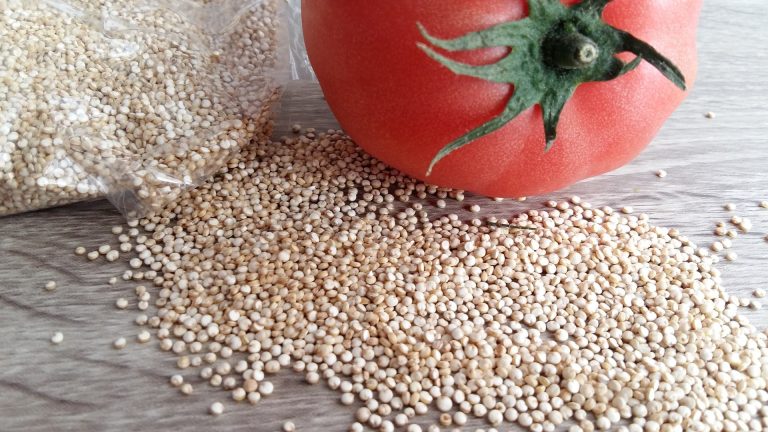
You may think that seeds are for planting or for feeding to a pet bird. Fortunately, seeds are not just for the birds or garden! In fact, seeds can add a healthy boost to many meals that you may have never considered, especially boosting the amount of magnesium or potassium in a particular dish.
Chia seeds
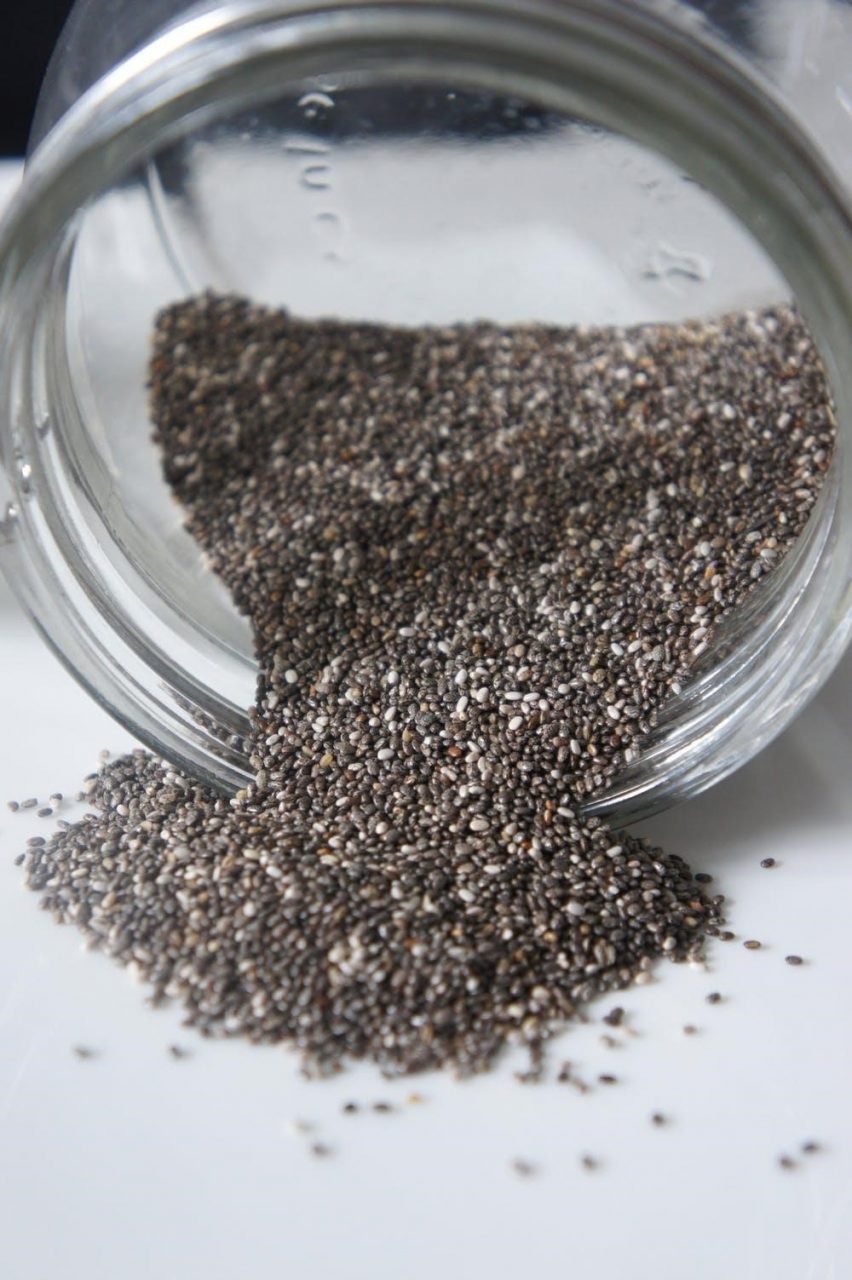
These seeds are from the Salvia Hispanica plant. They are small, oval and gray in appearance. The chia seed is originally harvested in the region of Central America. In fact, “Chia” is the Mayan word for “strength” thus proving the seeds’ importance to this ancient civilization.
Chia seeds are low in fat, sodium, and contain no measurable amounts of cholesterol. They are 138 calories per ounce. Chia seeds are great sources for potassium, carbohydrates (mainly in the form of fiber), protein, calcium, iron, and magnesium. All of these nutritional benefits in addition to being packed with antioxidants make Chia seeds a Superfood!
As far as adding Chia seeds to food, they can be included in nearly any dish you can think of. Many people like to use them in everything from their burger meat or even as toppings on their salads.
Flax seeds
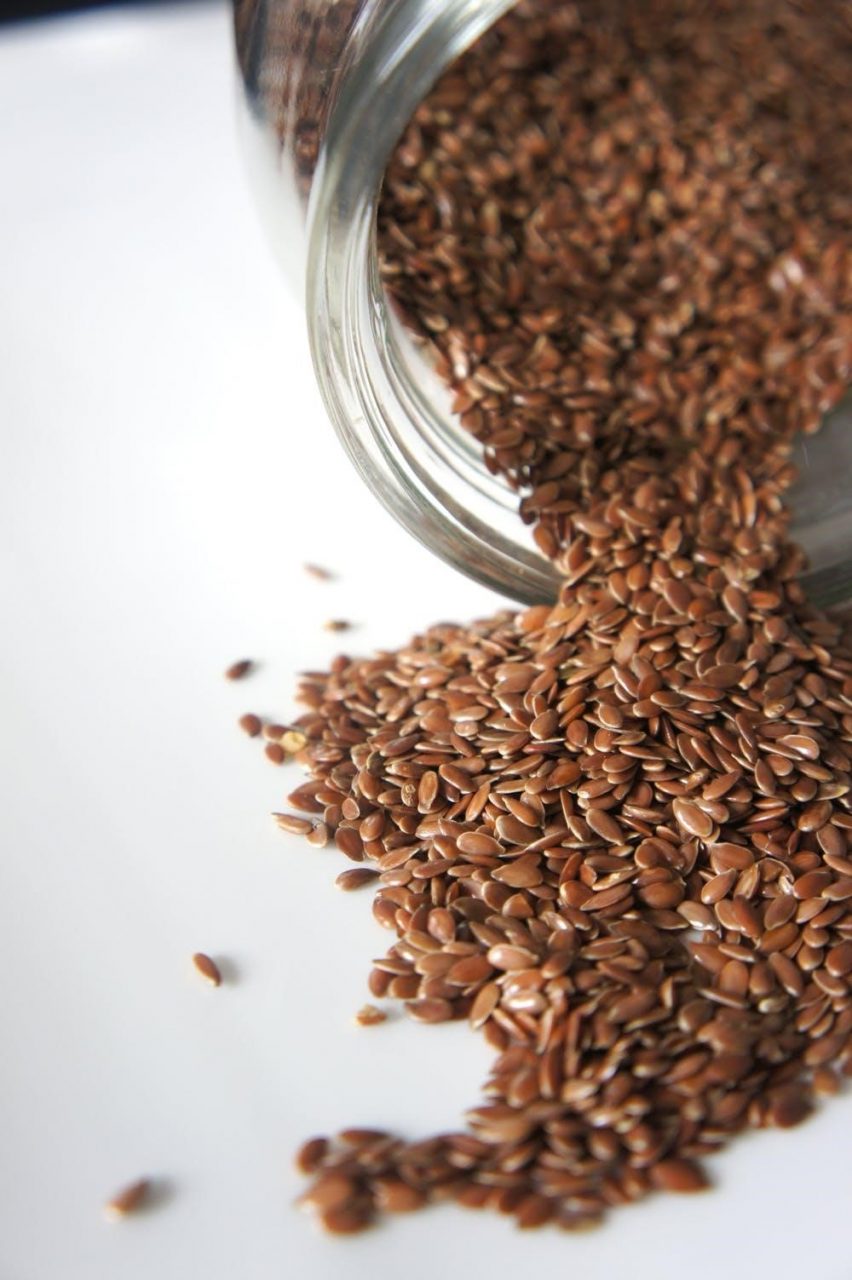
Flax seeds are members of the Linaceae family. They are unique in that they are not only harvested for consumption, but also as a way to make linen and textiles. Flax seeds are brown, test drop-shaped and smooth.
These seeds are quite healthy as they are only 55 calories per tablespoon, as well as being low in fat, sodium, and has no measurable amount of cholesterol. Flax seeds are great sources of potassium, fiber, protein, calcium, iron, and magnesium, of course!
Flax seeds are often purchased as whole seeds, in a powdered form, or as an oil. These forms of the seed can then be used as an ingredient in baked goods such as breads and muffins.
Sunflower seeds
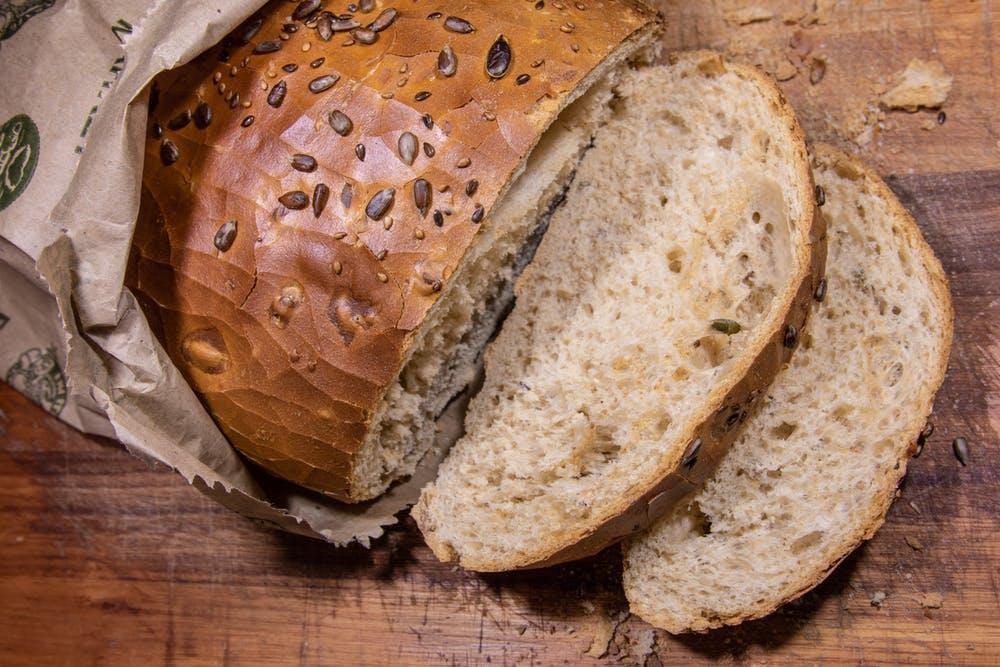
These seeds are one of the types that can be eaten on their own. Sunflower seeds are considered the “fruit” of the Sunflower plant.
Sunflower seeds are incredibly high in calories at 818 calories per cup. These seeds contain a good amount of vitamin A, vitamin C, vitamin B-6, calcium, and iron. They are also very high in fat, sodium, and carbohydrates. That’s not all! These seeds contain unusually high amounts of potassium, fiber, protein, and magnesium.
You may think that Sunflower seeds are considered unhealthy, which is likely true in large quantities. Sunflower seeds are great munchies roasted and eaten on their own or as an added ingredient in dishes such as a salad topping.
Quinoa
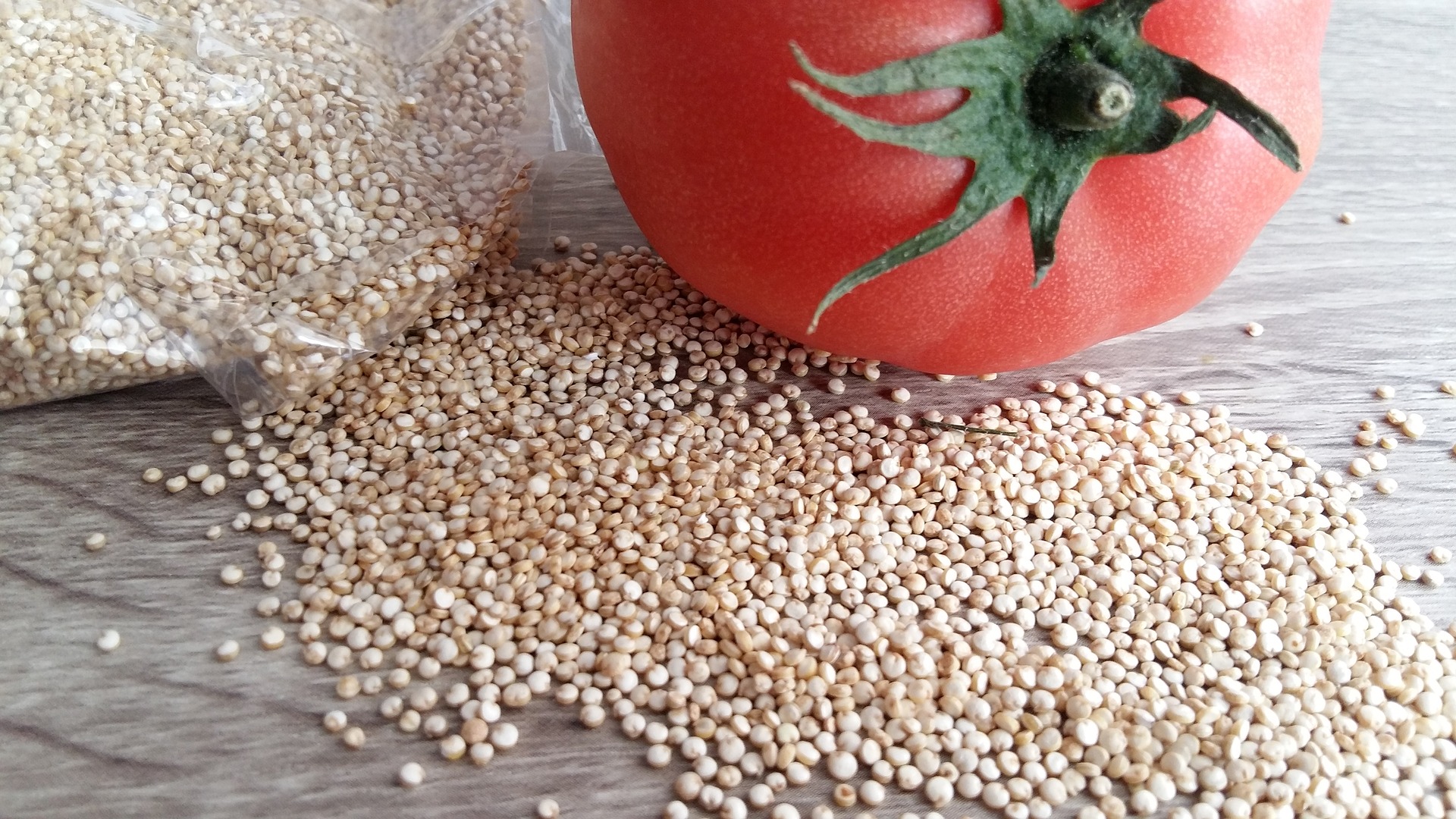
Quinoa is one of my favorite seeds on this list. They are from the amaranth family and are also loaded with calories (367.8), protein (14.1g), iron (4.6mg), potassium (564mg) and magnesium (197mg).
Quinoa is great because of its versatile nature. Once quinoa is rinsed, boiled and steamed, quinoa can then be manipulated with spices, olive oil, garlic, or even vegetables or meats.
Pumpkin seeds
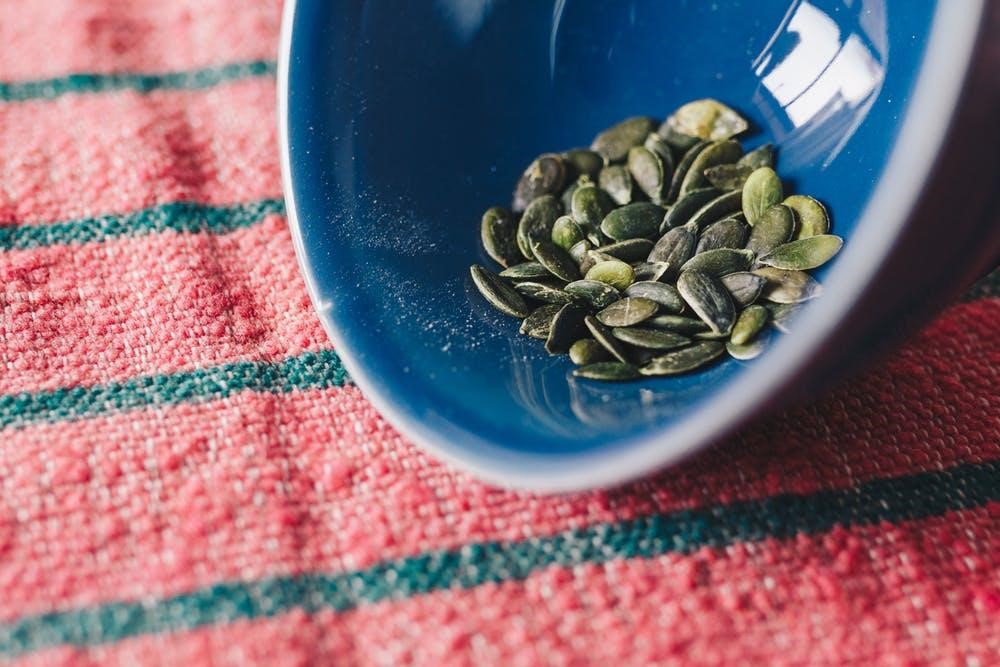
In the spirit of Halloween and Autumn season, pumpkin seeds are a big hit! “Pepitas” or pumpkin seeds are from pumpkins and other squash.
They are 285 calories per cup and they contain a large amount of fat, sodium, but no measurable amount of cholesterol. Pumpkin seeds are great sources of calcium and iron. Although, these seeds are also chock-full of potassium, fiber, protein, and magnesium similarly to other seeds on the list.
Pumpkin seeds are fantastic snacks. They are best, roasted in the oven with olive oil and salt (amounts based on your preference). I have also added dried basil to the seeds prior to roasting which adds another depth of flavor.
Whether the seeds are high in calories and fat or they hardly contain any at all, seeds are great sources of other nutrients which make them great snacks or meal additives. Everything in moderation!